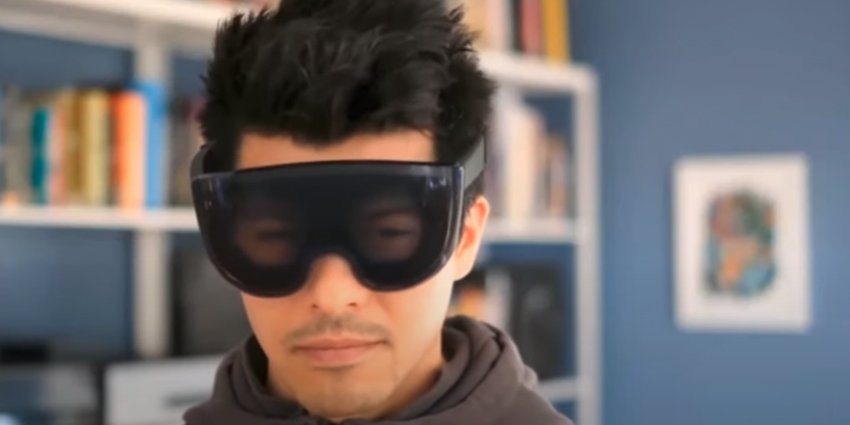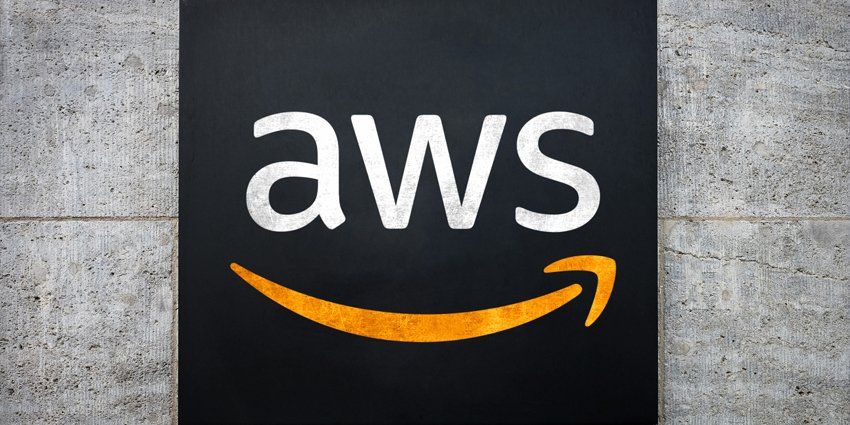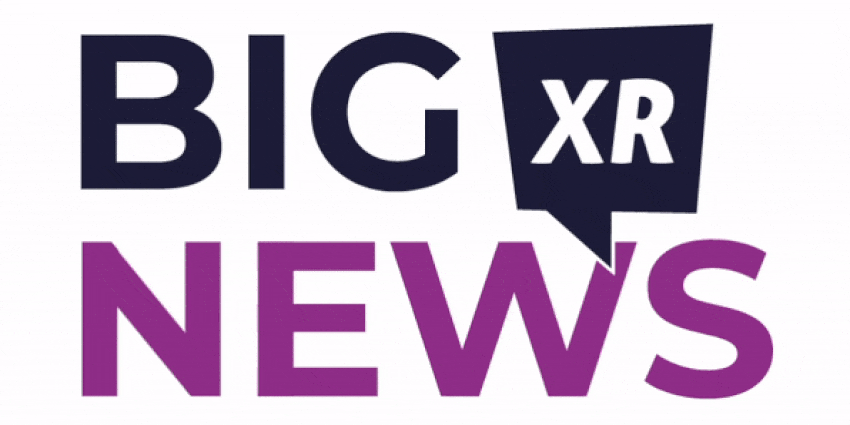[ad_1]
Is Meta working on another XR headset following the Meta Quest 3? Just as the leading immersive technology firm started rolling out its most recent MR headset and Ray Ban Smartglasses, it appears that behind the scenes, Meta’s diverse lineup of XR engineers is working towards the next step of its headset lineup.
Currently, Meta is experiencing an uptick in MR headset orders during the holiday black Friday period. More recently, in a University of Arizona College of Optical Sciences speaker session, Meta representative and Director of Display System Research at Reality Labs Douglas Lanman claimed that his firm has worked on a prototype device called Mirror Lake that improves immersion levels. Lanman claims the proposed innovative MR headset is buildable with today’s resources.
Lanman revealed a 3D render of the Mirror Lake device in action during a session covering the “visual Turing test”, which describes creating an XR visual display indistinguishable from real life.
Douglas Lanman added:
We are doing well. We’ve stayed focused on all these problems. How close are we to passing the [visual] Turning test? Probably not that close; this is a grandiose dream. Through dozens of prototypes, we will eventually get there. But we are getting closer. Here is a rendering [of the Mirror Lake prototype] of a device that we felt, a few years ago, is practical to build now. Using holocake [lens], using multi-view eye tracking, using reverse passthrough, with hardware components that exsist. – I think the industry is ready to move to another plateau.
Mirror Lake seemingly looks to solve one of the main pain points of XR headsets in a business sense: the size, weight, and invasive form factor of many headsets. Notably, smart glasses are looking to solve this same pain point. However, to access greater computing power, headset vendors must figure out how to improve the wearability and usability of VR/MR headsets to ensure practical frontline usage in settings like factory floors.
Mirror Lake can potentially provide a lighter form factor, therefore matching Meta’s reinvigorated focus on designing appropriate workplace XR hardware and the industrial Metaverse software.
On the other hand, the Mirror Lake device notably includes reverse pass-through cameras that provide multi-eye tracking features and the ability for third parties to see the eyes of a Mirror Lake operator as they wear the device.
The reserve pass-through cameras also enable Meta to take another direct shot at soon-to-be market competitor Apple; the firm is equally providing a reserve pass-through feature in its upcoming Vision Pro device.
While Meta has not yet released the Vision Pro-style feature on any of its available headsets, it does prove that Meta is taking note of Apple’s unique approach to the XR headset industry and applying innovations by others to the Meta XR portfolio. However, Lanman explained that the Mirror Lake design was under prototype “a few years” ago. Therefore, similarities to the Vision Pro may be coincidental.
Another Mirror Lake breakthrough that Douglas Lanman noted was holocake lens, a new display technology that follows up from Meta’s pancake lens. The holocake lenses improve XR headset accessibility by providing integrated support for those who need to wear prescription glasses.
2024: What are the Next Steps for Meta?
Meta is coming out of 2023 with a new sense of strength compared to the start of the year. 2023 started off with scepticism. Meta’s CEO, Mark Zuckerberg, faced criticism following his promises of a widespread metaverse. While some pundits felt let down by an underused consumer Metaverse, the firm is now joining enterprise solutions provider giants such as Microsoft and AWS to provide business-ready XR solutions.
Meta’s President of Global Affairs, Nick Clegg, recently posted a video on his social media promoting enterprise and education customers to leverage XR.
In the promotional video, Clegg highlighted the potential of Metaverse technologies to transform how we work and learn, explaining how European companies leverage AR and VR to enhance industries and improve people’s lives.
Clegg also added:
European business leaders such as Lufthansa, Iveco, Alstorm, and Decathlon are already using immersive technologies to develop products, to train employees, and engage customers. – Others, like virtual medicine, are using Metaverse technologies in groundbreaking ways to support medical professionals, educators, and students in fully immersive digital environments. The impact of the Metaverse is real, and it’s happening today, right now. – As Metaverse technologies continue to progress, more and more opportunities will open up.
Furthermore, during the promotional video, Clegg emphasized the significance of the groundwork for the future industrial Metaverse – based on the emerging talent pool, increasing knowledge bases, and exposure.
Clegg explained that the impact of XR programs will increase as more developers build them and more educational institutions or companies use them. He also mentioned that as immersive technologies mature and develop, they will be able to facilitate the sharing of ideas across different cultures, break down social and economic barriers, and create more opportunities for companies in Europe.
Additionally, Meta’s consumer focus aims to introduce a large number of devices into homes during the holiday period to establish a foundational building block for introducing workplace XR. By making headsets more ubiquitous in daily life, with improved optics and familiarity, XR technologies will no longer appear overwhelming or difficult to understand when presented to workplace decision-makers – similar to how smartphones took over the consumer market before gaining prominence as a workplace tool.
Meta for Bussiness, Today
Meta Quest for Business officially launched after a series of reveals this year. The XR device management and distribution hub is an enterprise-grade platform offering a subscription service to support enterprise end-users utilizing Meta Quest 2, 3, and Pro devices.
Additionally, Meta Quest for Business assists clients in distributing devices and applications across their teams. The service is now available for enterprise end-users in supported regions, including the United States and the United Kingdom. Meta also offers Shared Mode and Support Plus as add-ons for the service and a 30-day trial for prospective customers.
Furthermore, for customers who purchase the Shared Mode feature, Meta Quest for Business does not require a Meta account for workers to participate, addressing a long-standing concern with Meta entering the digital business solutions landscape. This launch comes as a partial revamp following the firm’s previous offering of a VR headset subscription service for enterprises, which was closer to the Oculus era.
Meta has recently revamped its enterprise suite after the Quest Pro received a less-than-enthusiastic response. Like Microsoft, Meta is now focusing on creating the foundation of the industrial Metaverse through immersive solutions, which will shape the future of work.
Speaking on the future of immersive services in the workplace, Meta’s Global Executive of Engagement, Reality Labs, Dan Nieves, took the stage at IGS 2023 earlier this year to discuss the then-upcoming Quest for Business solution.
Nieves explained:
Metaverse technologies and AI are really reshaping how we experience the physical and digital worlds. If we think about obviously this moment right here, all of us in the same room, being together in the physical world will always be the richest way. – But more and more, people in teams are being distributed and more spread out. So, it’s really the combination of both the physical and digital worlds that are defining our reality.
According to Dan Nieves, businesses are utilizing technologies such as VR and MR to create new opportunities that can benefit society. Nieves added that enterprises can take advantage of a wide range of XR use cases, especially in fields such as education, healthcare, and workplace collaboration. Many organizations are already starting to see tangible benefits from these technologies.
[ad_2]




